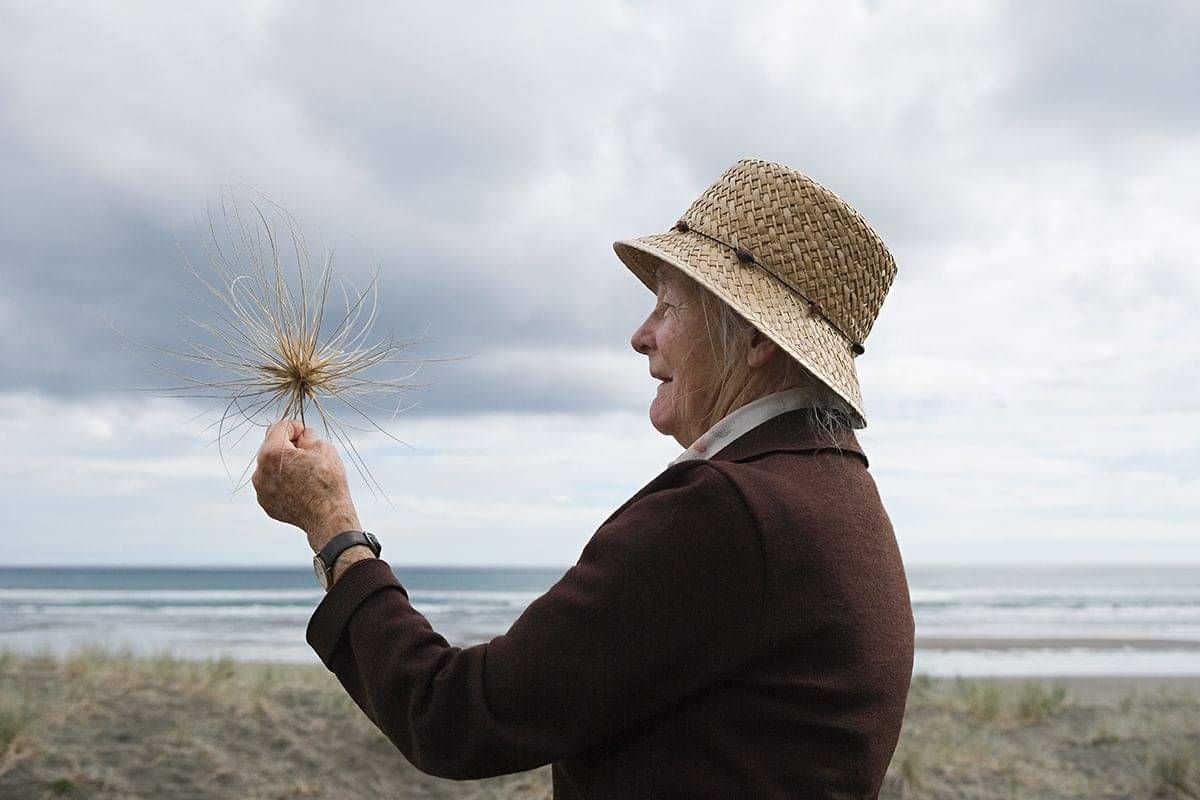Being diagnosed with cancer can cause a rollercoaster of emotions which can change from day to day. You may feel angry, sad, tearful, confused, overwhelmed amongst other feelings. It is important to remember you are not alone and others who have received a cancer diagnosis are having similar feelings too.
Looking after our emotional health can have a direct impact upon our physical wellbeing.
Remember, no-one can be sure of what the future holds and so it is important to focus on what you can do to make your life as enjoyable as possible.

Surround yourself with people who lift your spirits and can help you to enjoy the simple things in life such as a walk in the park, a refreshing drink in the sunshine or sharing stories about funny things that have happened.
There are a number of techniques that can help you to lift your spirits and ensure that when you do experience unpleasant emotions, that you have reliable techniques to manage these.
Getting the building blocks right is a great first step, such as keeping to a regular routine of good sleep, regular healthy meals, and a regular exercise routine. It can be a tall ask when you don’t feel great, but any efforts towards this can really make a difference.
With your building blocks in place, there are also techniques you can use to help manage unpleasant emotions:
Using the ‘away-towards’ technique
This involves intentionally placing your attention away from, or towards the issue that is distressing you. For example, you might have an upcoming medical test you are finding worrying. You might find benefit in distracting yourself away from this when you start to worry.
You can do this by ‘changing state and place’ (changing your physical state by jumping up and down, exercising, or holding a facecloth full of ice on your forehead; changing your place by walking outside, getting up off the couch or bed and moving to another room).
To move towards what is worrying, you might pay particular attention to the medical test and put some practical solutions around it to make it less distressing (asking someone you find calming to drive you there, visualising yourself taking deep breaths and managing your anxiety while you’re there, and planning a coffee date or other reward for afterwards).
Thought diffusion
This technique allows us to distance ourselves from thoughts we find distressing by using visualisation, silly voices, or even singing! To use visualisation, imagine your thoughts like leaves on a stream, and watch them float down a river and out of sight. As we watch the leaves disappear, we let our thoughts go. Try it out – you will find more benefit the more you practice.
Another technique is to say what you’re thinking in a silly ‘cartoon’ voice, or even sing it! This helps the thought lose its power over how you feel (you might even giggle in the process).
Thought ‘restructuring’
This is a common technique used to help manage thoughts that make us feel sad or anxious. Thoughts like "I can’t stand this", or "I’ll never feel better" can be challenged or changed (‘restructured’) by thinking, “Is this true of me all of the time?” or “Is there a time I can think of when I felt terrible, but things improved?”
So, we restructure our thinking to “I can’t stand this at the moment, but I know I won’t feel this way forever”, or “I don’t always feel like this, and I remember a time that I showed great resilience and overcame these feelings”. Changing our thoughts can have a powerful effect on how we feel.
Focusing on our values and committing action
Sometimes when things feel very much outside our control, it can help to focus inwards on what we value in life. For example, if creativity is important to you, you can commit to do one thing this day that honours this. If family/whanau is important to you, you can commit to connecting with one family/whanau member this day. Purposeful action that is in line with our values can really help foster feelings of wellbeing, even in unpleasant times in our life. Sometimes we even feel greater appreciation for the things that we value, and our connection to these things deepens even more.



















